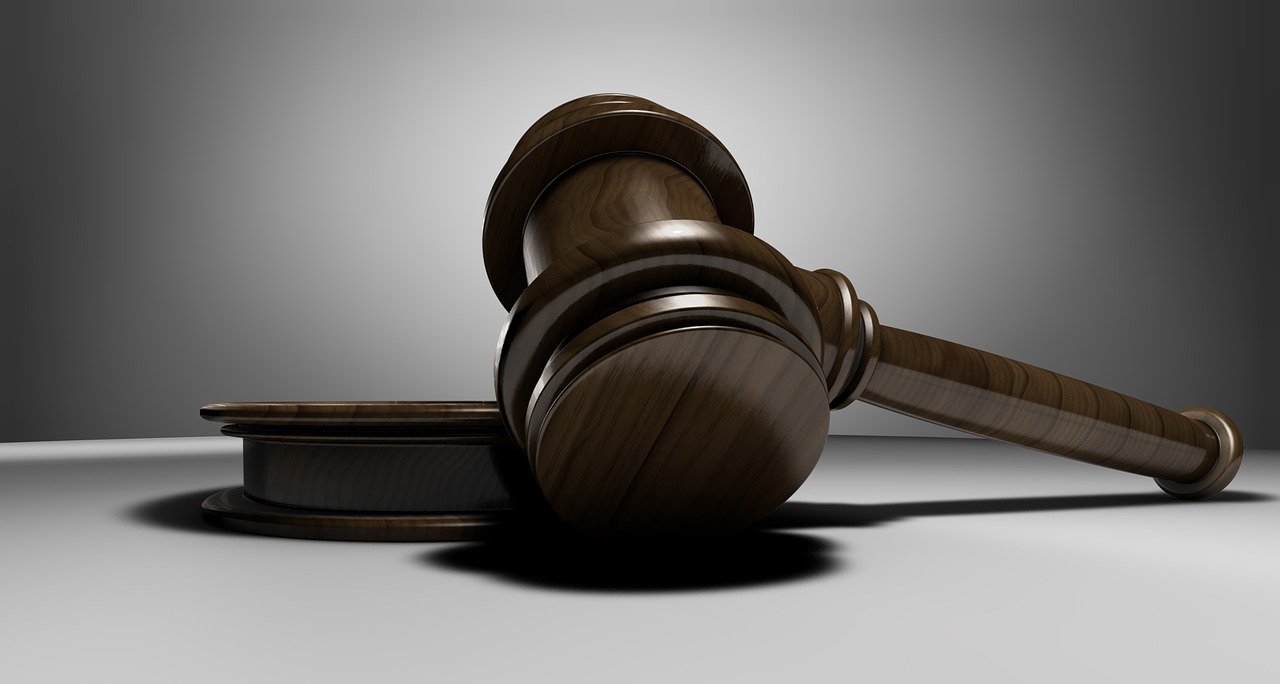Earlier this week, a UK Court ruled that Brexit champion Arron Banks deserves damages for “defamatory” comments on his alleged ‘Russian links’ made by journalist Carole Cadwalladr during a TED Talk in 2019. Tell me about the case?: Under the United Kingdom’s defamation law, “a statement is not defamatory unless its publication has caused or is likely to cause serious harm to the reputation of the claimant”. The Court of Appeal was hearing Banks' challenges to a 2022 ruling that held that Cadwalladr's "untrue" speech could be defended on "public interest" grounds. Banks didn't challenge the public interest defence. Instead, he argued that the 2022 verdict was wrong to review whether "serious harm" was still caused to his reputation after a 2020 government investigation cleared allegations against him. The Court's later reasoning that no serious harm had been caused was also off the mark, Banks argued. How did the Court of Appeal rule?: The three Judge-Bench comprising Dame Victoria Sharp and Justices Rabinder Singh and Mark Warby held that the TED Talk had caused "serious harm" to Banks' reputation and that damages should be awarded. However, the Bench upheld the 2022 verdict's reasoning that the "serious harm" had to be reviewed post-2020. It also agreed that Cadwalladr’s later tweet on the talk didn’t seriously harm Banks’ reputation. Why it matters: The Court's ruling may impact public interest journalism too. Reporters Without Borders warns that it sends "a chilling warning to other journalists of what can happen if they dare to take…





























